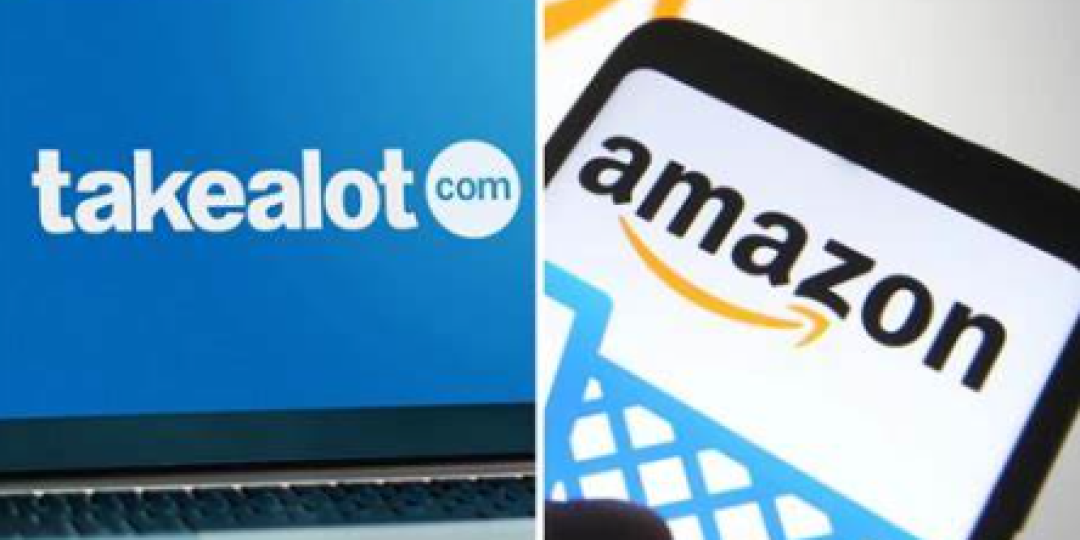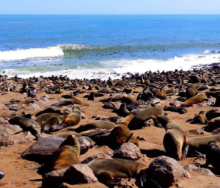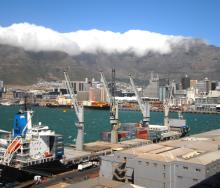Archbishop Desmond Tutu once said: “Ignore your enemies, it will ruin their reputation.”
This paraphrased quote was about the political zeitgeist at the time he was a persona non grata under apartheid, but it can also easily be applied to last week’s Amazon launch in South Africa.
Given the conspicuous absence of anything emanating from Takealot, the country’s current e-commerce leader is clearly unfazed by the purported threat of Jeff Bezos’s multibillion-dollar enterprise.
Similarly, Amazon’s sub-Sahara managing director, Robert Koen, doesn’t seem too worried that the brand’s long-awaited local take-off has perhaps been a tad underwhelming, especially since its product selection is a little thinly spread.
He puts it down to slow-stocking, methodically managing one’s inventory.
However, it’s in Amazon’s promise to deliver within 48 hours, if not same-day, that it seems to have done its homework on Takealot.
In an interview with Business Day, Koen says the emphasis will be on adhering to immediate product availability, a market sensibility that Takealot in the past has lacked through not having in stock what is advertised online.
It’s really a kind of swings and roundabouts situation: rather don’t offer for sale what you don’t have in your warehouse.
Similarly, some may say selection diversity is a non-negotiable, especially for a powerful brand like Amazon.
According to Koen, Amazon’s product offering may be slow-going at the moment but is fast catching on, with a strong local flavour rooted in small- and medium-enterprise stock.
The question remains: Do you advertise stock and source it once an order is placed, potentially irritating “I-want-it-and-I-want-it-now” shoppers, or do you only offer for sale what’s in the warehouse, ready to be shipped?
Amazon thinks it’s the latter.
Takealot though has the lead on Amazon, with a well-hewn understanding of local e-com dynamics, although its market share traction has slipped from about 25% to 20% according to a recent online retail report.
With Chinese cyber retailer Temu added into the mix, and the success of Checkers’ 60Sixty model, it’s going to take a lot to stay on top in the online shipping space.
Amazon, known for its logistical ability abroad, firmly believes that it will quickly gain ground locally.
But southern African delivery dynamics are a far cry from the relatively smooth supply chain operations that have made Amazon the global leader it is.
With two main distribution centres, in Cape Town and Johannesburg, Koen has said that thanks to the 3PL partners it has chosen (DPD Laser and The Courier Guy), Amazon shouldn’t have a problem serving a network of some 3 000 pickup points.
Third-party logistical capacity expansion, he emphasised, formed a large part of the retail giant’s preparation strategy to meet its promise of short-time delivery.
Whatever the case may be, with inventory abundance of the likes of Takealot over the initial slim pickings of Amazon punting delivery dominance, it’s game on for competition in the local e-com sector.













